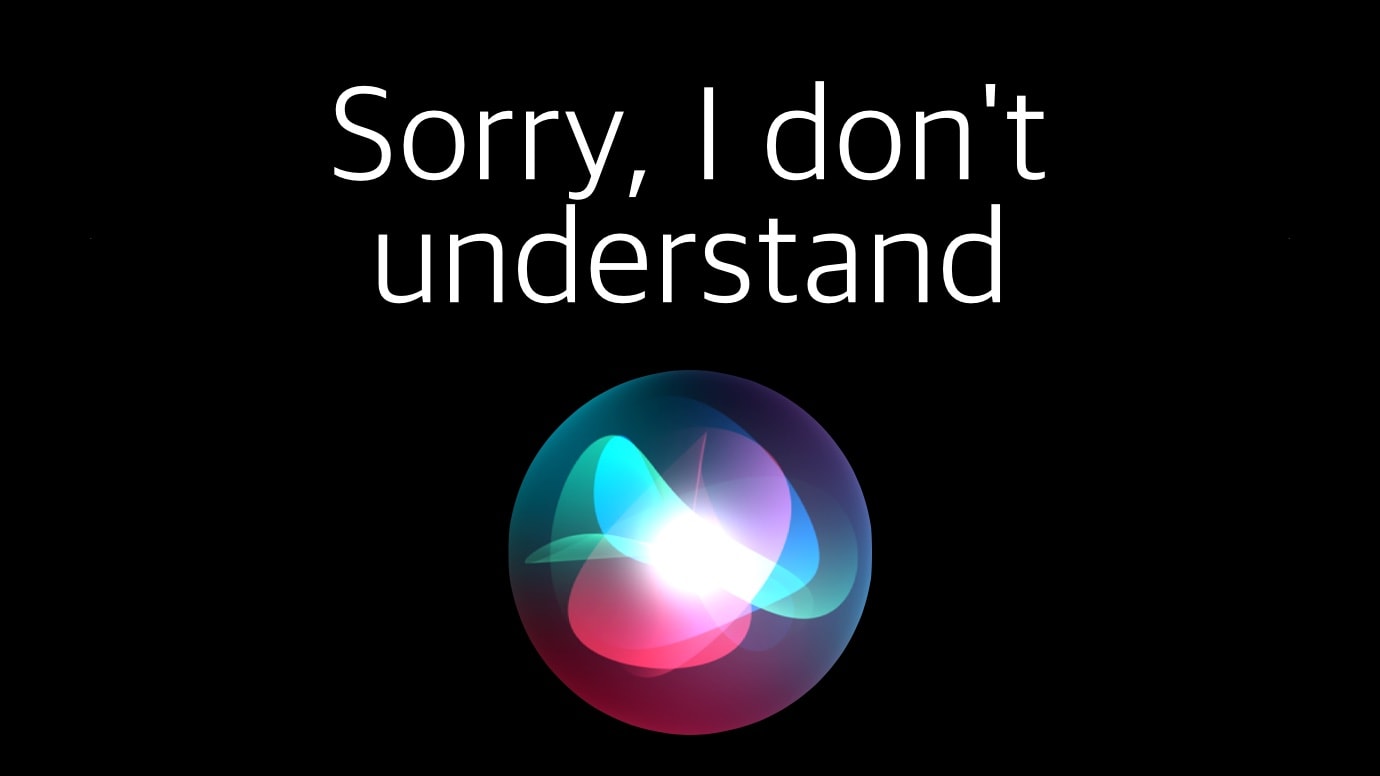Users have complained about the limitations of the Siri “intelligent” assistant for years, but now that OpenAI’s ChatGPT is showing the world that artificial intelligence can do amazing things, it’s never been more obvious that Apple’s version is as dumb as a bag of hammers.
Not only does this make Apple look bad, it makes HomePod less useful. Really, it makes all the company’s products less useful than they could be.
Apple needs to step up its AI game or it risks being left out of an important new wave of computing.
Bing with ChatGPT blows Siri away
Apple’s Siri debuted in 2011 and showed tremendous promise. The problems is, a dozen years later it’s not much smarter. The ability to understand a limited selection of verbal commands is no longer good enough.
OpenAI’s ChatGPT, which launched last November, quickly took intelligent AI out of the realm of sci-fi and into reality. It’s not like talking to C-3PO, but the real AI is a much better poet. It also can write code.
On Tuesday, ChatGPT transcended its previous status as a simple internet curiosity and went mainstream: Microsoft built it into the Bing search engine. You can try it for yourself.
Microsoft invites users of the new Bing to “ask questions however you like. You’ll be understood — and amazed.” And the results go beyond a list of links. The search engine “looks at search results across the web and summarizes responses to your specific questions and needs,” according to Microsoft.
Apple AI is stuck in 2011
I’m well familiar with Apple’s voice-driven assistant. I use Apple’s HomeKit platform to automate the lights, fans, etc., in my house, and I love it. But using HomeKit means I talk to Siri multiple times every day. And that’s a constant reminder of how limited Siri is.
Siri works fine as long as I give it simple commands like, “Turn on the lights in the living room.” It can’t handle something complex like “Turn on all the outside lights” because it doesn’t know which lights are outside. Those lights are labeled “Front Porch” and “Back Deck,” and an intelligent AI could figure out what I mean. But Siri isn’t that smart.
When telling Siri to do anything, it’s necessary to carefully phrase what I say. That’s because I’m not really talking to Siri, I’m programming it with my voice.
That was fine in 2011. Great, even. Today, ChatGPT has shown us how much smarter an AI can be than, “Hey Siri, play podcast.”
I’m not trying to be unfair to Apple’s voice assistant. It is a little bit better than it was a decade or so ago. It sounds more human, for one thing. But that’s not much progress to show for 12 years of development.
Siri needs to be a truly intelligent digital assistant
Voice-driven computing has enormous potential. So many questions could be more easily answered by asking a HomePod instead of typing the query into a search engine on an iPhone or Mac, then scanning through a list of links.
I’m thinking of basic questions like, “When will season three of Ted Lasso start?” Or, “How fast can a hummingbird fly?” Or even, “Do I need an umbrella today?”
Siri can handle some of these types of simple questions, but often resorts to sending a list of links to an iPhone. That doesn’t really answer us. It just helps us look the answer up ourselves.
And that’s only the start of what voice-driven computing should do. A smart AI can answer questions like, “Do I have any emails from my boss?” and “What’s a good BBQ restaurant nearby?” It can even respond intelligently to queries like, “Is there anything interesting on TV tonight?” or “Who was a better baseball player, Babe Ruth or Reggie Jackson?”
Apple’s voice assistant is very little help when it comes to broad, vague questions. ChatGPT is much better — it gave me a useful analysis of the strengths of Babe Ruth and Reggie Jackson, for example.
And a good digital assistant needs to be able to handle follow-up questions: “When is Avatar playing tonight?” and then “How about tomorrow?” OpenAI’s creation understands questions in the context of a conversation, while Siri doesn’t.
A merger of Siri and ChatGPT would be far closer to what people expect from a voice-controlled digital assistant. Of course, even that would fall short of what a good human assistant can do. But ChatGPT is tremendously closer to that goal than Siri on its own.
Apple isn’t asleep at the wheel
It can’t have escaped Apple’s attention that Siri is far less than it should be. The company scheduled an AI summit for employees in mid-February, and the limitations of its voice assistant will surely be high on the agenda.
In the past, the iPhone-maker has developed its own artificial intelligence software in-house, aided by buying out smaller companies that specialized in this AI. It will almost certainly continue with that strategy.
Microsoft hitched its wagon to OpenAI’s technology. And, while the two companies are vague about the details of their agreement, Microsoft reportedly has a lock on the tech. That means Apple must develop AI software at least as smart as ChatGPT on its own. Whatever it costs.
Cupertino set itself an extra challenge because it wants to do as much AI processing on users’ devices as it can. The goal is privacy so an AI running on a remote server doesn’t know everything about you.
But even so, until Apple can make Siri as smart as ChatGPT — if it can — we’ll have to keep stretching the truth when we call a HomePod a smart speaker. With Siri as it is now, Apple is instead offering a not-as-dumb-as-it-could-be speaker. And that’s going to keep HomePod a niche product, which is not good for Apple or Apple fans.


